—: The Song of the Cotton (1925) :— I sing of gleaming balls of down, rising from dark green stems, Of bronzed men and women with tired arms, and aching backs, Heart breaking toil that binds and chains the mind— My burden is, “Work, work, from rise to set of sun.” I sing of mellow song. Sweet, dulcet, mournful melodies, born 'mid my blossoms white, Woven into the softness of my down A people's cries, sweet in their sadness. I sing of tears that damp my silken balls, Hot tears of hope deferred, “that maketh sick the heart.” Deep sighs, and unvoiced prayers, unuttered yearnings— All these are woven into my song.
—: Beauty (1930) :— 'Tis wondrous strange in what things men find beauty. One sees it in the sun kissing the sleeping hills awake; Another in the moon, trailing paths to fairy-land across slow moving water. This man finds beauty in first youth; his friend, in mature woman. But beauty lurks for me in black, knotted hands, Hands consecrated to toil that those who come Behind them may have tender, shapely hands; And beautiful are shoulders with bearing heavy burdens stooped That younger shoulders may grow straight and proud. And faces, dark, sad faces, too, are beautiful— The patient, wistful faces of the many Who have viewed their lands of promise from afar, Turned from the mountain to the lonely path Of sober duty, and gazed on The promised land no more. 'Tis wondrous strange In what things men find beauty.
Octavia Beatrice Wynbush (1898-1972) was born in Washington, Pennsylvania, and lived most of her later life in Kansas City; “In 1920 she obtained a BA in German from Oberlin College, and in 1934 she received an MA in English from Columbia University in New York.” (Maureen Honey, Shadowed Dreams, 2006) Wynbush published just two poems in the African American arts and culture magazine Opportunity, but was well-known for her short-stories, and as a member of the ‘Harlem Renaissance’, alongside poets like Langston Hughes, Gwendolyn Bennett, Lewis Alexander, Georgia Douglas Johnson, et al. She would go on to be an educator, teaching at colleges in New Orleans, Louisiana, Arkansas, and Pine Bluff. In 1936, she settled in Kansas City, Missouri, and took up a teaching position at Lincoln High School.
Wynbush was also an oral historian, and in 1940 travelled around numerous states, interviewing dozens of former slaves, and collecting photographs, adding to the significant work of preserving the experiences of otherwise unrecorded African American histories.
—: After Octavia Wynbush :— By Dick Whyte I. O tree, beneath whom i have made a poem out of branches tell me of the time before birds feared us II. knowing everything that ever needed to be ever said had already been so said to death, III. and yet . . . and yet . . . and yet . . .
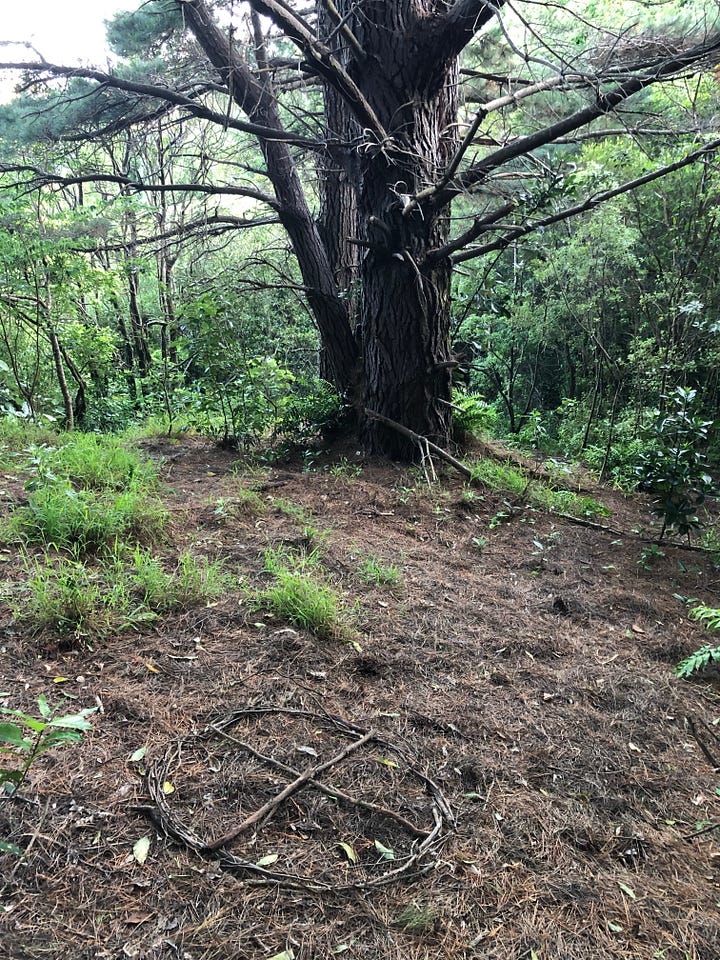
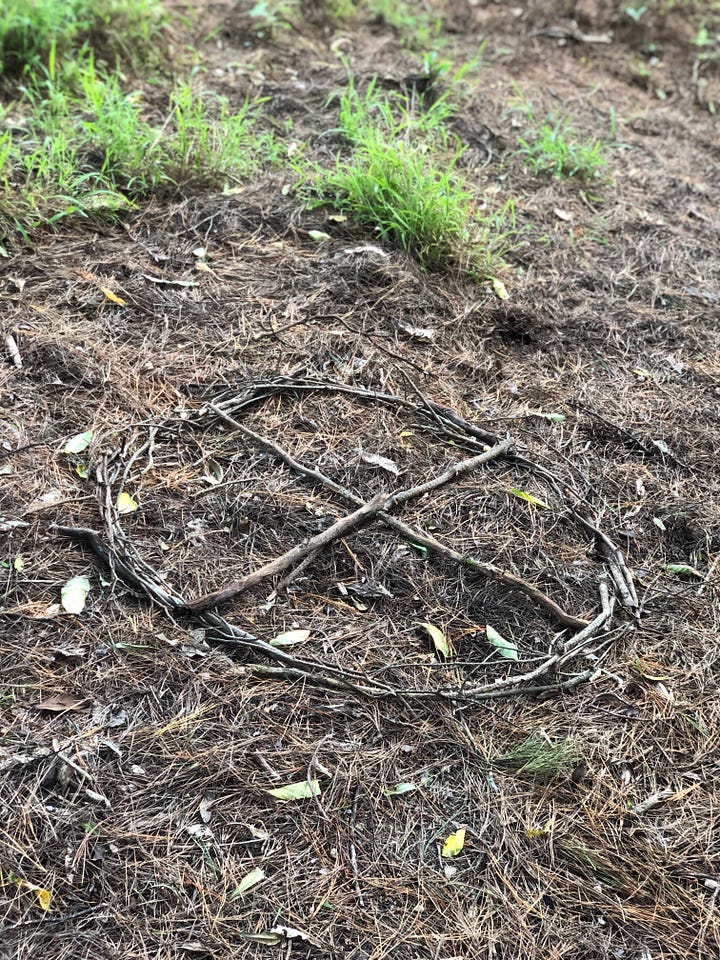
Forgotten Poets Presents:
Forgotten Poems, a living anthology of obscure and out-of-print poetry from the late-1800s and early-1900s. Explore the archives:
More African American poetry . . .
Gwendolyn B. Bennett - 6 Short Poems (1923-26)
—: Quatrain :— How strange that grass should sing— Grass is so still a thing . . . And strange the swift surprise of snow,— So soft it falls and slow...
Helene Johnson - 5 Short Poems (1925-26)
—: Trees At Night :— Slim sentinels Stretching lacy arms About a slumbrous moon; Black quivering Silhouettes, Tremulous, Stencilled on the petal Of a bluebell...
Georgia Douglas Johnson - 7 Short Poems (1918-1928)
—: The Heart of a Woman (1918) :— The heart of a woman goes forth with the dawn, As a lone bird, soft winging, so restlessly on, Afar o'er life's turrets and vales does it roam...
Anne Spencer - 5 Short Poems (1920-1975)
—: Dunbar (1920) :— Ah, how poets sing and die! Make one song and heaven takes it: Have one heart and beauty breaks it: Chatterton, Shelly, Keats, and I— Ah, how poets sing and die!...
More poems about mountains . . .
Virginia McCormick - Mountains (1922)
—: Mountains :— I turn my back upon the mountains, The lazy mountains Sleeping in the sun. They bring me peace, A profound satisfaction with self, A desire to rest always In the shadow of their beauty...




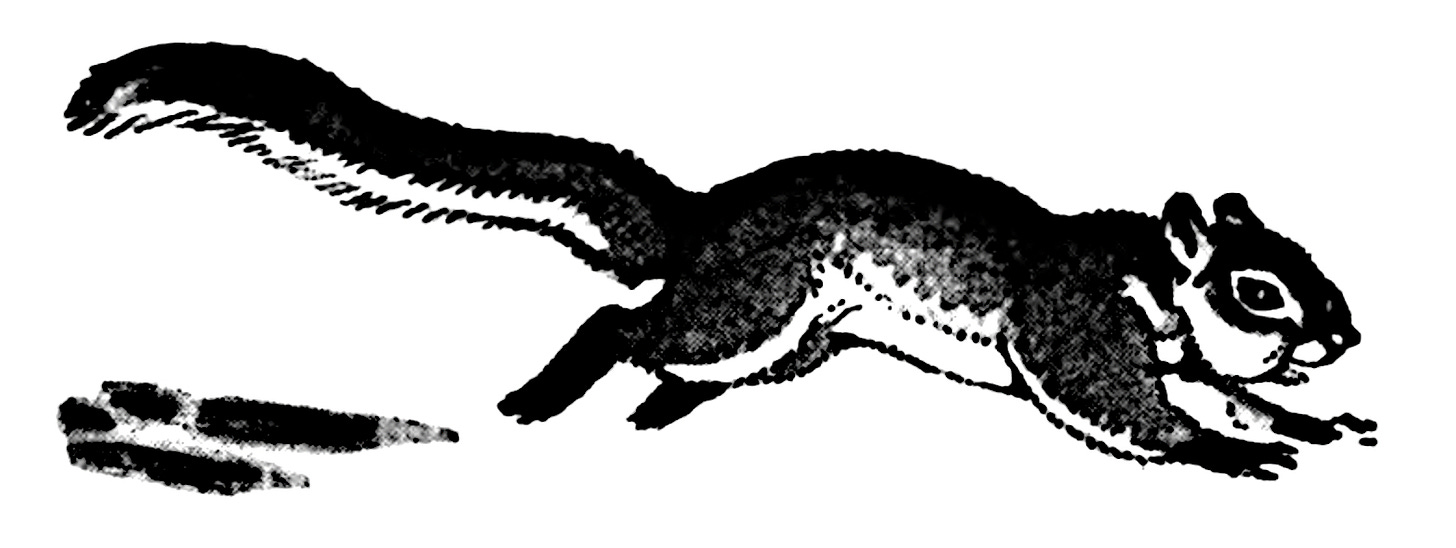





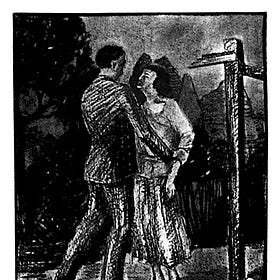


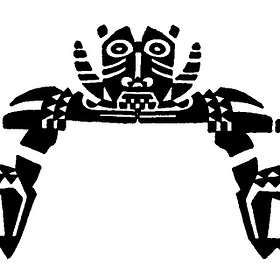
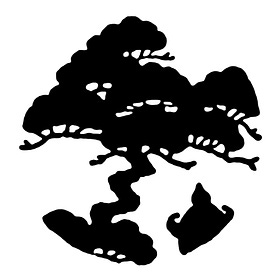
These are lovely. I especially like:
"But beauty lurks for me in black, knotted hands,
Hands consecrated to toil that those who come
Behind them may have tender, shapely hands;
And beautiful are shoulders with bearing
heavy burdens stooped
That younger shoulders may grow straight
and proud."
Your tribute poem is gorgeous.